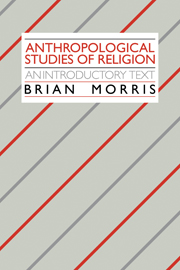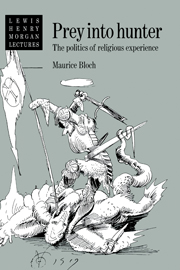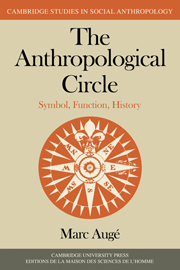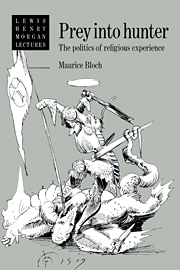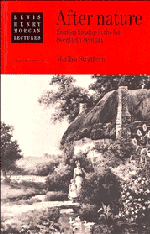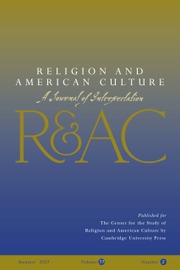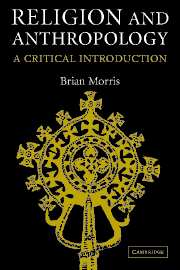Anthropological Studies of Religion
In this important, scholarly and wide-ranging text, Brian Morris provides a lucid outline of the nature of the explanations of religious phenomena offered by such great thinkers as Hegel, Marx, and Weber. In doing so he also unravels the many theoretical strategies in the study of religion that have been developed and explored by later anthropologists. Besides discussing the classical authors and the debates surrounding their work, Morris presents perceptive accounts of more contemporary scholars such as Jung, Malinowski, Levi-Strauss, Geertz, and Godelier. Written from the standpoint of critical sympathy, and free of jargon, this book is an invaluable guide to the writings on religion of all the major figures in anthropology.
Reviews & endorsements
"Written with urbanity and wit, this book reviews the intellectual and historical contexts in which anthropology became a discipline concerned with the explanation of religion as a human behavior." Religious Studies Review
"Written in an easy and approachable style, Morris's book is a first-rate survey of the social scientific study of religion and is highly recommended." Robert Segal, The Journal of Religion
Product details
February 1987Paperback
9780521339919
382 pages
228 × 153 × 19 mm
0.606kg
1 b/w illus. 3 tables
Available
Table of Contents
- Acknowledgements
- Introduction
- 1. Religion as ideology
- 2. Religion as theodicy
- 3. The anthropological tradition
- 4. Religion and psychology
- 5. Religion: meaning and function
- 6. Religious thought: structure and hermeneutics
- Selected monographs for further reading
- References
- Index.

